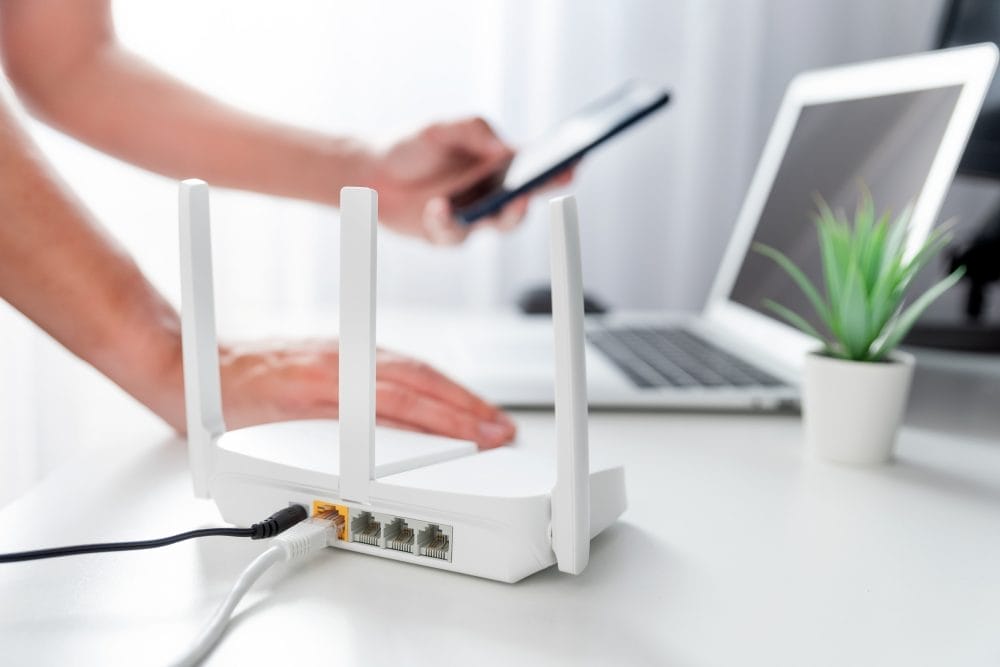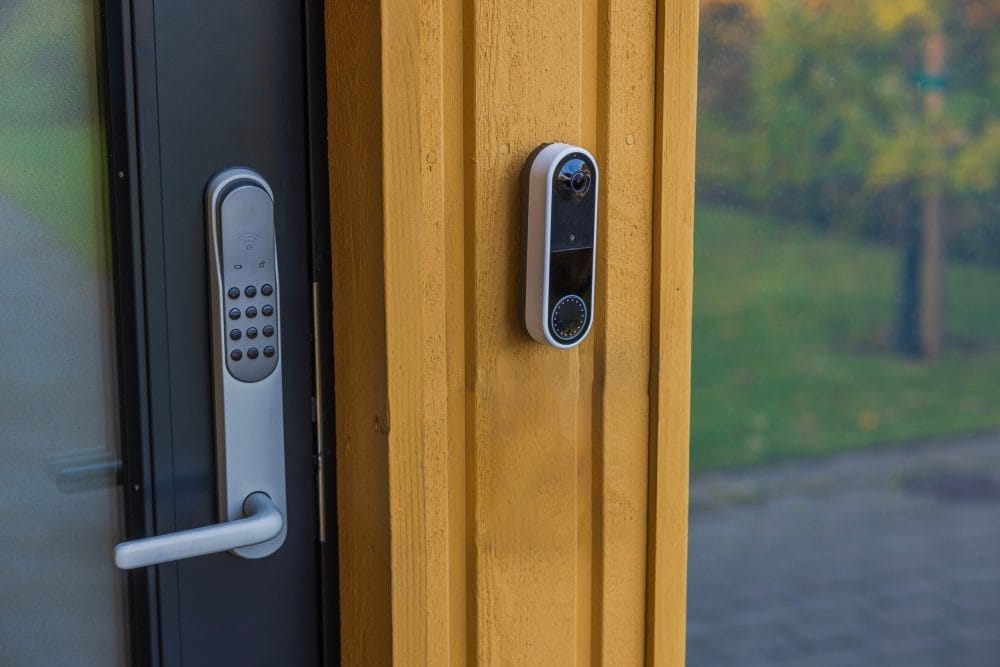Technology has transformed homes into smart sanctuaries of convenience, connection, and entertainment. Yet behind the screens and humming electronics lurks an unexpected side effect: the subtle, creeping rise of daily anxiety. The very devices designed to make life easier can quietly chip away at peace of mind, disrupting sleep, concentration, and emotional balance.
Many people sense something is off, but rarely suspect the everyday objects that glow and buzz all around them.
1. Smartphones
Few things feel as essential as the smartphone, which keeps family, work, and social life in constant reach. But this constant connectivity creates an environment where the brain never fully powers down, always ready to respond to pings and notifications. The pressure to reply instantly and scroll endlessly can interrupt meaningful rest and make genuine downtime feel impossible. Studies link excessive screen time to increased feelings of restlessness, comparison, and social anxiety. Despite being a pocket-sized miracle, the smartphone often becomes a source of low-grade, relentless tension.
2. Wi-Fi Routers
Invisible yet powerful, Wi-Fi signals feed countless devices, but their constant presence can contribute to subtle unease. While the scientific debate around electromagnetic fields continues, some research suggests that excessive exposure might interfere with natural sleep rhythms. People who work from home near routers may unknowingly face restless nights and foggy mornings. Constant connectivity also means there is rarely an excuse to disconnect fully, blurring the boundary between work and rest. The router quietly enables an always-online lifestyle that can rob people of precious mental stillness.
3. Televisions
Televisions bring the outside world in, streaming news, entertainment, and endless noise directly into living rooms. While relaxing in front of a favorite show can be comforting, round-the-clock background news or binge-watching marathons can elevate stress levels. Graphic news cycles, dramatic storylines, and cliffhanger endings keep the brain in a state of alertness. Bright screens late at night suppress melatonin production, disrupting natural sleep cycles. The television, often a symbol of leisure, can easily become a subtle thief of mental calm.
4. Smart Speakers
Smart speakers promise convenience at a voice command, but their constant listening feature raises subconscious worries. Many people feel uneasy knowing a device is always waiting to hear a wake word, even if privacy settings are in place. The presence of a smart speaker can create a sense of being watched, feeding anxiety in subtle ways. The push to automate every task can also foster impatience and dependency, leaving people restless when things are not instantly handled. What feels like helpful technology may quietly stoke tension with every request and reminder.
5. Laptops
Laptops blur the lines between professional life and personal time, especially for those who work remotely. The temptation to check one more email or finish a quick task keeps the mind tethered to responsibilities long after hours should be over. Blue light exposure late at night can delay sleep and contribute to fatigue and irritability the next day. The physical posture of hunching over a screen for hours can tighten muscles and raise stress hormones. While they enable flexibility, laptops can also quietly anchor a sense of constant work mode.
6. Video Doorbells
Video doorbells offer a sense of safety, allowing homeowners to monitor who comes and goes. But that constant vigilance can also train the mind to expect problems or threats at any moment. Notifications of every movement, package, or visitor keep people alert even when there is no real danger. The compulsion to check recordings repeatedly can create unnecessary worry about rare events. While providing security, video doorbells may nurture an underlying sense of unease and suspicion.
7. Game Consoles
Game consoles deliver hours of escape, but they can also cultivate anxiety when used excessively. Competitive online play raises adrenaline and keeps the mind in a state of heightened arousal. Long sessions can throw off sleep schedules, disrupt healthy routines, and amplify social isolation. The dopamine highs of gaming can be followed by emotional crashes that leave players irritable and restless. When the console stays on late into the night, it quietly becomes an unexpected source of stress.
8. Digital Alarm Clocks
Digital alarm clocks are staples of the modern bedroom, but they come with hidden drawbacks. Bright LED displays can interrupt natural circadian rhythms, making it harder to fall into deep, restorative sleep. The visible countdown of hours and minutes left before waking can fuel nighttime anxiety and restlessness. Some people wake frequently just to check the time, which fragments sleep even more. This simple bedside device, meant to keep life on schedule, can end up undermining the very rest it is meant to protect.
Reclaiming Calm in a Connected World
Modern life revolves around devices that promise to make living easier, safer, and more entertaining. Yet each gadget carries a hidden cost that often shows up as restless nights, frayed focus, or a nagging sense of unease. Awareness is the first step in reclaiming balance from the constant hum of technology. Small changes, like unplugging devices before bed or setting screen boundaries, can help restore a sense of calm.
Have any of these devices surprised you? Share your thoughts or experiences below—your story might help someone else find a little more peace at home.
Read More
These 5 Dog Breeds Struggle the Most With Separation Anxiety
7 Things Your Home Decor Says About Your Personality








